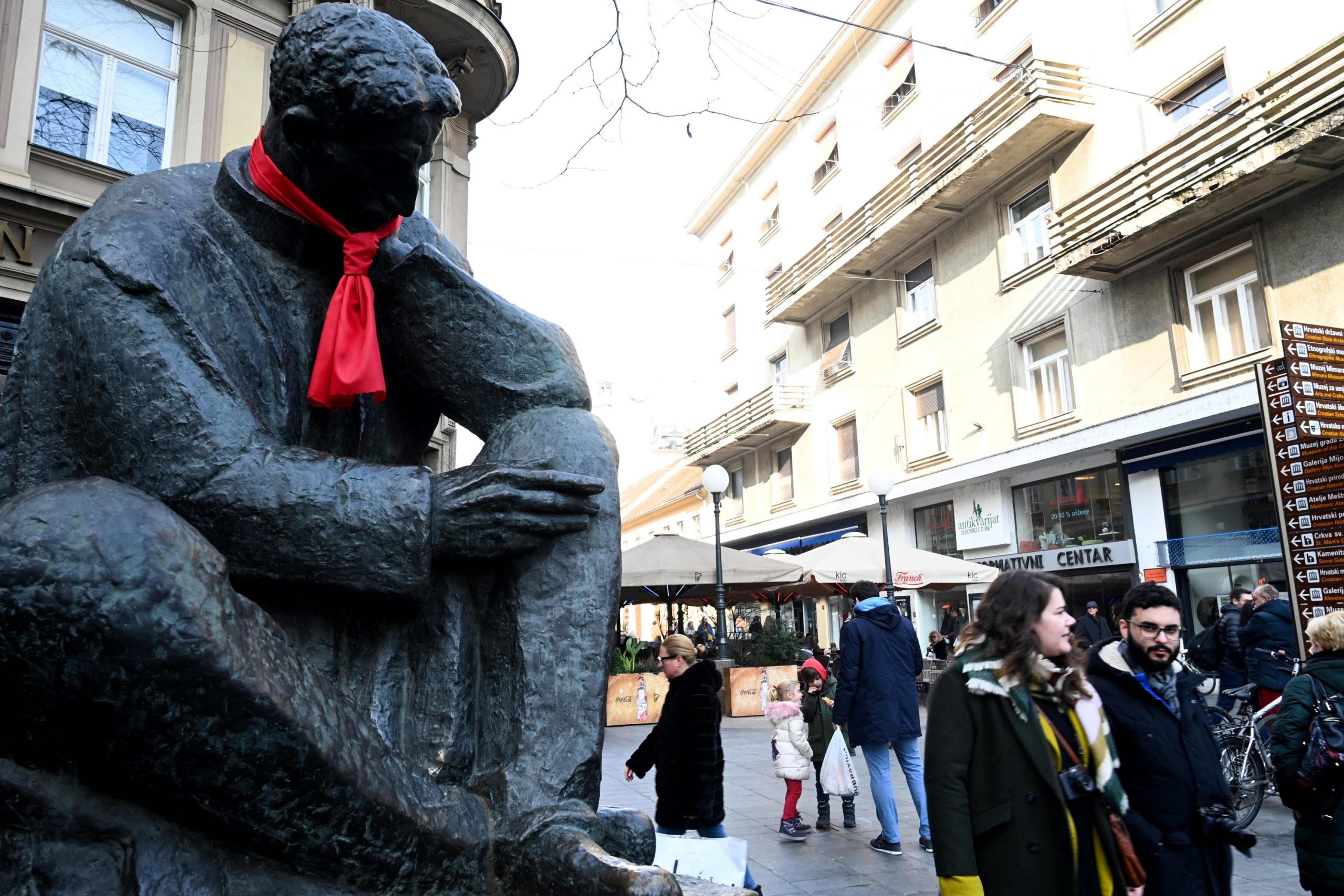Serbia’s culture minister on Friday called for an apology over the European Union’s “fake” description of Nikola Tesla, the famous pioneer of modern electrical engineering, as a Croatian on the bloc’s official website.
A source of pride in both countries, Tesla was an ethnic Serb born in a Croatian village in 1856, when the country was a part of the old Austro-Hungarian empire.
He won fame in the United States as one of the world’s greatest inventors and remains especially beloved in Serbia, where his ashes are housed.
A webpage about Croatia in the EU’s Learning Corner for children, however, writes that: “Famous Croatian Nikola Tesla was one of the first people to discover X-ray imaging.”
Responding in a statement, Serbia’s Culture Minister Vladan Vukosavljevic said he was appalled to see “that the virus of this fake information has found its place on an official EU website.”
The minister said he hoped that the “inappropriate error would be corrected without delay” and called for an “apology to the Serbian people.”
Tesla’s origins and ethnicity are one of many topics that can ruffle feathers between Croatia and Serbia, whose relations are still tense decades after Yugoslavia’s bloody collapse in the 1990s.
Officially Zagreb stresses Tesla was born in Croatia but does not contest his Serbian origins.
Tesla, meanwhile, saw himself as a citizen of the world, having spent most of his professional career in the U.S. and eventually becoming a naturalized American.
He patented more than 700 inventions in his lifetime, including wireless communication, remote control and fluorescent lighting.
Though he made the cover of Time magazine in 1931, the great inventor died alone in a New York hotel 12 years later at the age of 86.
His ashes are in a Belgrade museum dedicated to his life and works.










Discussion about this post